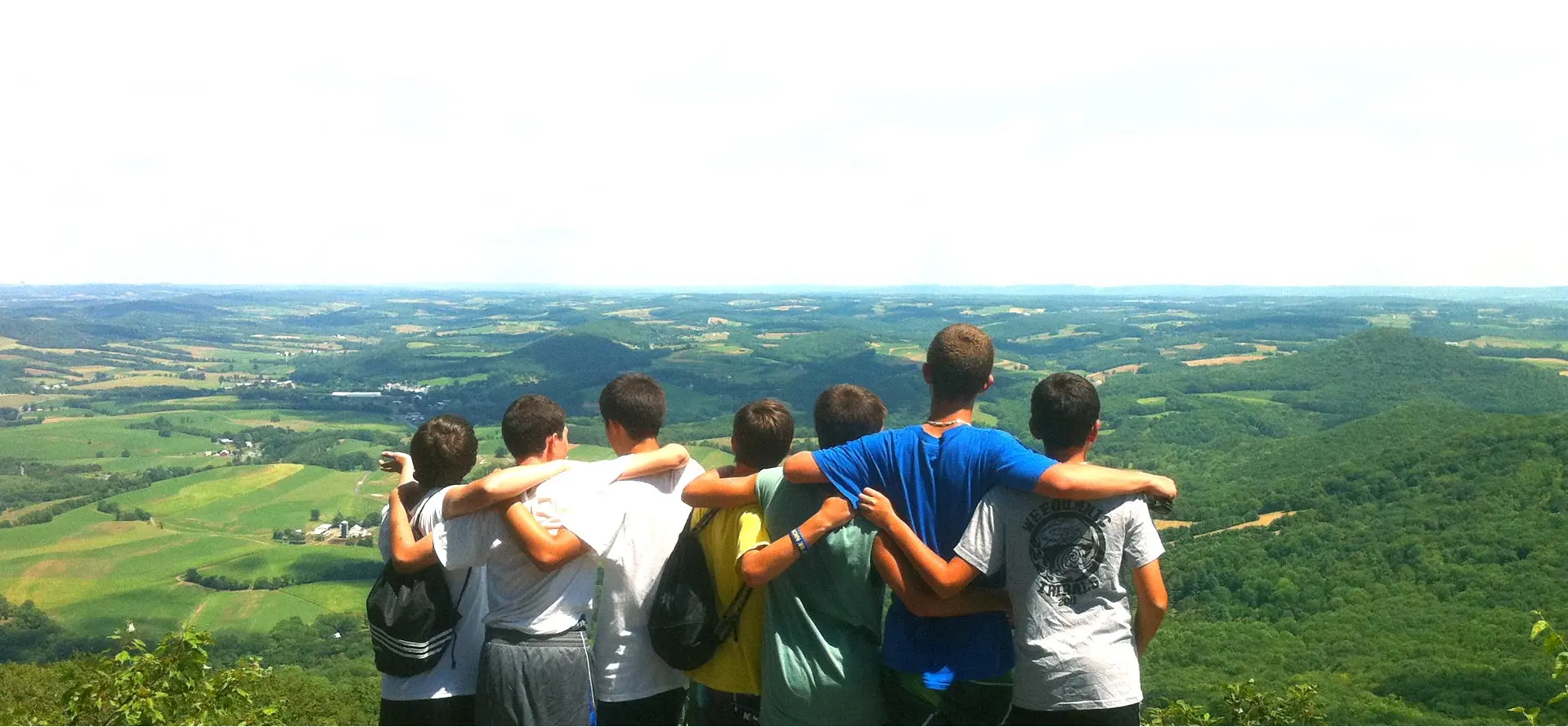One of the most incredible discoveries of the 20th century concerned the structure of light. That which comes from the sun (and the tiny light above my seat on the plane as I type this) is both a wave and a collection of tiny packets of energy. Imagine millions of little ping pong balls of energy moving together to form a wave. Pretty awesome. (I like to think of it as the turtles jet stream-scene from Finding Nemo.)
This discovery helped to explain a lot of physics that I don’t understand… though I’m very happy it happened. Regardless of the science, for the purposes of this little campfire lesson, it’s how light is constructed – millions of packets of energy acting, moving and dancing together – that’s important.
We Should vs. I Will
We live in a great country. Do we have problems? Of course. In fact, if you read the news, you’d think things have never been worse. However, if you are a reader of history or a person that looks behind the sensational to look at the actual data… well, a very good argument could be made that things have never been better.
We live in a country where people lend a helping hand their neighbor. How do I know? Because one of our boys lives in Boone, NC where a once-in-a-100-year-storm left enormous devastation. Many people who live outside the town are now weeks without power and drink and eat only from the gifts and service of others.
There were a lot of people saying ‘we should’ do something… and then not doing anything. However, the gifts and service that is happening came from a collection of individuals (or ‘I’s’) doing something about the problem. The ‘we shoulds’ around the country did nothing but lend an opinion. Those who spent their time and their resources to aid these people are those who said ‘I will.’
When the collection of ‘I wills’ became strong enough, they became a wave that stared to bring the light of community and warmth of support to the people of Boone and Ashville and Blowing Rock and so many other places. This is true in almost every other ‘help needed’ situation out there… including camp.
‘We should’ is an opinion, a small set of words in the wind. They mean nothing.
“We should be welcoming to a new camper in our bunk.” Absolutely. Now – HOW do you do it and, looking back, DID you?
“We should confront a friend who is being mean.” Totally. Did you?
“We should be kind to one another, even when we disagree on something like food, religion, video games, or who our parents vote for.” Absolutely. Did you act so?
It Takes Courage
‘We should’ works only when it’s followed by at least one ‘I will.’ One person stepping forward with the courage and humility to act can and will draw others. Courage, just like fear, is contagious.
Maya Angelou once said:
Courage is the most important of all the virtues because, without courage, you can’t practice any other virtue consistently.
Of, as Winston Churchill stated:
“Courage is rightly considered the foremost of the virtues, for upon it, all others depend”
It’s the exercise of courage that turns ‘we should’ into a whole bunch of ‘I wills.’ Doesn’t mean you are always right (or wrong). But at least you’ll be doing something that can be reviewed and changed, if needed.
So… go be an ‘I will’ rather an a ‘we should.’ As President Adams enocouraged his children: Be good and do good.



